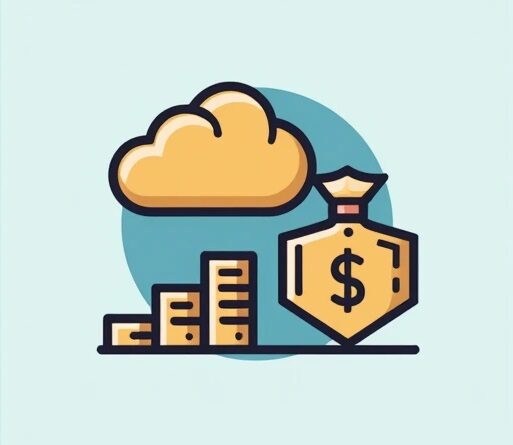Impact of the fiscal package, unemployment rate and Black Friday: the issues that move the market
News Article: Mixed Economic Signals in Brazil
Brazil’s financial markets have seen significant movements this week, reflecting both negative outcomes and potential opportunities for different sectors. The Brazilian stock market index, Ibovespa, closed down by 2.40%, marking its worst performance since January 2023. This decline is primarily attributed to investor distrust in the recently proposed fiscal package, which has caused a ripple effect in the financial sector and related industries.
The Brazilian real has also taken a hit, with the US dollar rising to R$6.00 against the Brazilian real. This depreciation of the real is likely to have negative implications for import-dependent industries and sectors that rely on stable exchange rates for their operations.
However, the news also brings some potential opportunities. Douglas Henrique, a trader who relies heavily on macroeconomic data, sees these market fluctuations as opportunities for speculative trading. The expected increase in interest rates by the Central Bank to control inflation could lead to higher borrowing costs for businesses, but it also presents opportunities for traders who can navigate these volatile conditions effectively.
In the retail sector, Black Friday is expected to generate R$5.22 billion in sales, representing a modest increase of 0.4% compared to the previous year. This provides a positive outlook for retail businesses, particularly those that are well-prepared for the holiday shopping season.
Gabriel Galípolo, the director of Monetary Policy and future president of the Central Bank, is expected to play a crucial role in shaping monetary policies that will impact businesses and consumers. His strategies will be closely watched by market participants, as any decision regarding the Selic rate (the benchmark interest rate) could have significant repercussions for the Brazilian economy.
The National Confederation of Commerce of Goods, Services and Tourism (CNC) has been closely monitoring consumer behavior and has provided projections for Black Friday sales, which can give businesses insights into consumer spending patterns and help them prepare accordingly.
Overall, the current economic landscape in Brazil is characterized by mixed signals. While some sectors face challenges due to market volatility and exchange rate fluctuations, others see opportunities for growth and strategic maneuvering. Companies and businesses, especially those in the financial and retail sectors, will need to adapt their strategies to navigate these complex economic conditions effectively.



